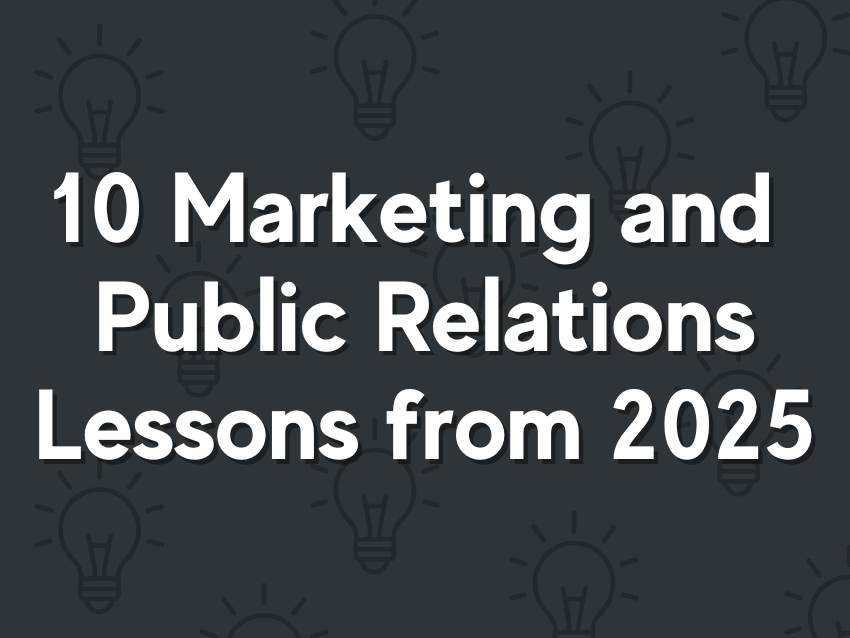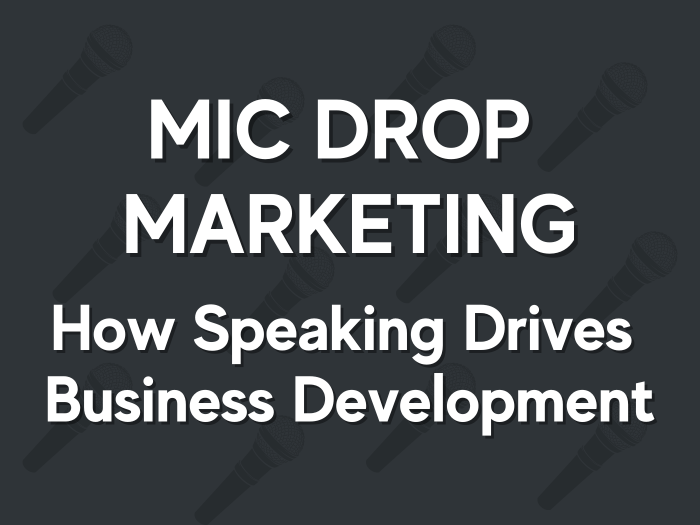Moderator: Jon Metcalf, Director of Marketing Technology, Fenwick & West LLP

Speakers:
| Elonide Semmes, President, Right Hat LLC | Helen Bertelli, Vice President, Infinite Global | |
 |
 |
|
Ben Greenzweig, Chief Executive Officer & Co-founder, Momentum Event Group |
Deb Dobson, Marketing Technology Manager, Fisher Phillips LLP |
|
 |
 |
|
Anand Ravindra Upadhye, VP of Business Development, Casetext, Inc. |
||
 |
Marvin Minsky and colleagues started research on artificial intelligence (AI) at Dartmouth College in 1956. Why has it just now become such a talking point? Panel moderator Jon Metcalf proposed a threefold explanation:
- Cheap parallel computing
- Big Data has placed an “incredible avalanche of data” at our fingertips
- Better algorithms
Each speaker had a unique focus, summarized below:
Elonide Semmes: How to Use Artificial Intelligence to Improve Business Development
The legal profession is always looking for precedent. We can’t afford to do this with AI.
Consider this: We use AI every day with Facebook, Google, Spotify, Netflix, Waze, Shazaam and other popular apps without thinking about it. If you’re unclear about what exactly AI is, here’s Elonide’s explanation:
“Generally, AI is computers performing analytics tasks previously believed to be the sole province of the human brain.”
Alternative Legal Service Providers
- Platforms driven largely by AI are already reshaping five areas of law:
- Legal Research
- Analytics & Prediction
- Contract Analytics
- Expertise Automation
- Electronic Discovery
Computers can do a lot of things in the practice of law more efficiently than people can, and firms should be using it to their advantage. Consider this:
- A lot of high-stakes legal decisions are based on instinct and experience. How much data can one lawyer realistically inspect or even keep in her head? How much data can she analyze?
- There are myriad possible data points in any matter, so even the experts have a tiny data set in the grand scheme of things. What seemingly irrelevant data might be important? What patterns might be missed?
- AI can aggregate data and run weighted averages and rewards/risk assessments, with fewer errors and oversights than even a brilliant lawyer.
Why Use AI in Marketing?
Ironically, AI can make marketing and business development not only more efficient, but more personal. For instance, AI can help marketing change the conversation by:
- Helping firms better understand how buyers think
- Creating more meaningful and personal transactions and content
- Providing insights on purchasing behavior
- Reducing client attrition
- Identifying high-opportunity relationships
- Allocating time and marketing budgets more effectively
Key Takeaway: AI is not to be ignored by law firms wishing to remain competitive and profitable.
An interesting aside: Elonide pointed out that those who predicted President Trump’s victory were those looking at social semantics. That means they focus less on polls and more on how language conveys the strength of people’s convictions and emotions. AI has the emotional intelligence and detachment to identify those things better than people.
Ben Greenzweig: Blockchain 101: Why Legal Marketers Should Pay Attention to this Disruptive Technology
“Blockchain is to transactions what the internet is to information.”
Blockchain emerged with cryptocurrencies like Bitcoin and Ethereum as a sort of continuously-growing chain ledger that links and secures transactions using cryptography. Reflect on the above statement: It is really that revolutionary, and its utility goes well beyond cryptocurrencies. Among other things, this is because a blockchain is resistant to tampering or modification.
Much like cryptocurrencies, regulators and security hawks are looking at this new transaction technology with eyebrows raised.
The regulatory wave is coming
Cryptocurrency is “a stock that just happens to be digital,” stated Ben, and regulators are becoming involved accordingly. There will be a national security event in which crypto/blockchain is implicated, and if regulators haven’t already assumed a large role by then, they will. So why do those of us who aren’t policy wonks need to understand it?
Blockchain will become a mandate with conventional, national currencies because of traceability. Does this mean anonymity will fall by the wayside altogether, that a warrant will be required to unearth transactions and parties arousing suspicion, or will it simply make counterfeiting impossible and flag large, unreported transactions? We’ll see.
At any rate, it will impact every industry, including healthcare, education, transportation and law. Many countries have already gone to blockchain technology for information management. Further, blockchain will inevitably play a key role in legal billing technology. For instance, each billing increment will be directly traceable to an action, such as drafting an email or filing a discovery request.
Key Takeaway: There are a large number of blockchain uses. Become an early adopter and get involved.
Helen Bertelli: Immersive Storytelling with Virtual and Augmented Reality
Helen opened with a couple attention-grabbing facts:
- The augmented reality (AR) and virtual reality (VR) industries are projected to generate $162 billion in revenue by 2020.
- Dubbed by some “The new internet,” VR may fundamentally change everything from e-commerce to medicine.
- Several Fortune 100 companies are already using VR to recruit employees and managers.
“VR is going to play a role in keeping users engaged in your content,” Helen stated. In fact, PwC, KPMG and all the big professional services firms now have heads of VR.
VR generates more empathy than any other medium. Similarly, it can maintain users’ attention longer, ultimately building relationships and generating revenue more effectively than written or video content.
“What fascinates me about VR is that you can make people feel something so powerfully.”
Key Takeaway: Marketers need to take VR seriously. VR will be to video what video was to text – an indispensable next step in SEO strategy.
Infinite Global launched its VR “walkable website” at the March 2017 LMA Conference. In short order, website traffic doubled, LinkedIn impressions tripled and the firm saw a 354 percent increase in résumés compared to previous hiring rounds.
Anand Ravindra Upadhye: Why legal marketers should care about legal research
“Lawyers face a nearly impossible task when doing research, and a task that human beings are ill-equipped to do,” stated Anand.
AI has arrived at legal research, and litigators are embracing it because it improves how their work revolves along the three critical dimensions of efficiency, accuracy and innovation.
In three seconds, AI can pull cases that are relevant to, but not cited in, your case. It can comb the entire corpus of common law – a task that is humanly impossible.
Clients are pushing back hard against being billed for legal research. They’re no longer willing to pay Lexis Nexis and other database fees. They scrutinize these items and often flat out refuse to pay. Consequently, there is now a two-tiered billing system with research being billed at 60 percent or less than the rate of other legal services.
Key Takeaway: Innovation that streamlines research and other legal tasks is a win-win. It allows lawyers to do what they’re good at rather than attempting to comb through and synthesize mountains of data.


